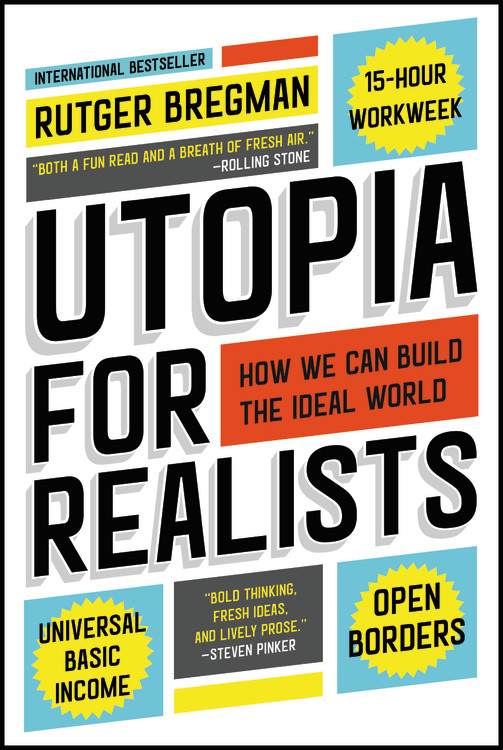

Where 84% of the world's population still lived in extreme poverty in 1820, by 1981 that percentage had dropped to 44%, and now, just a few decades later, it is under 10%.

In just a fraction of the time that our species has clocked on this planet, billions of us are suddenly rich, well nourished, clean, safe, smart, healthy, and occasionally even beautiful. "Humanity is great," he wrote, "because it knows itself to be wretched." In Britain, fellow philosopher Thomas Hobbes (1588–1679) concurred that human life was basically "solitary, poor, nasty, brutish, and short."īut in the last 200 years, all of that has changed. As recently as the seventeenth century, the French philosopher Blaise Pascal (1623–62) described life as one giant vale of tears. Let's start with a little history lesson: In the past, everything was worse.įor roughly 99% of the world's history, 99% of humanity was poor, hungry, dirty, afraid, stupid, sick, and ugly. Being unrealistic and unreasonable can in fact make the impossible inevitable, and it is the only way to build the ideal world.

Bregman’s book, both challenging and bracing, demonstrates that new utopian ideas, like the elimination of poverty and the creation of the fifteen-hour workweek, can become a reality in our lifetime. From a Canadian city that once completely eradicated poverty, to Richard Nixon’s near implementation of a basic income for millions of Americans, Bregman takes us on a journey through history, and beyond the traditional left-right divides, as he champions ideas whose time have come.Įvery progressive milestone of civilization - from the end of slavery to the beginning of democracy - was once considered a utopian fantasy. Utopia for Realists is one of those rare books that takes you by surprise and challenges what you think can happen. It’s just one of the many utopian ideas that Bregman proves is possible today. A quarter of a million views later, the subject of that video is being seriously considered by leading economists and government leaders the world over. Rutger Bregman’s TED Talk about universal basic income seemed impossibly radical when he delivered it in 2014. Rutger Bregman, a Dutch historian, reminds us it needn’t be this way - and in some places it isn’t. “A more politically radical Malcolm Gladwell.” - New York TimesĪfter working all day at jobs we often dislike, we buy things we don’t need. Does it sound too good to be true? One of Europe’s leading young thinkers shows how we can build an ideal world today.


 0 kommentar(er)
0 kommentar(er)
